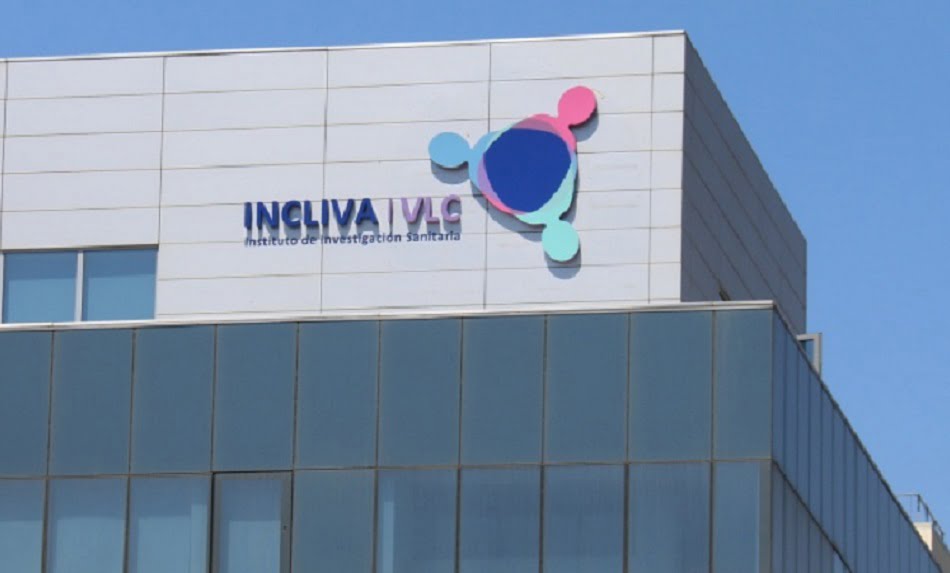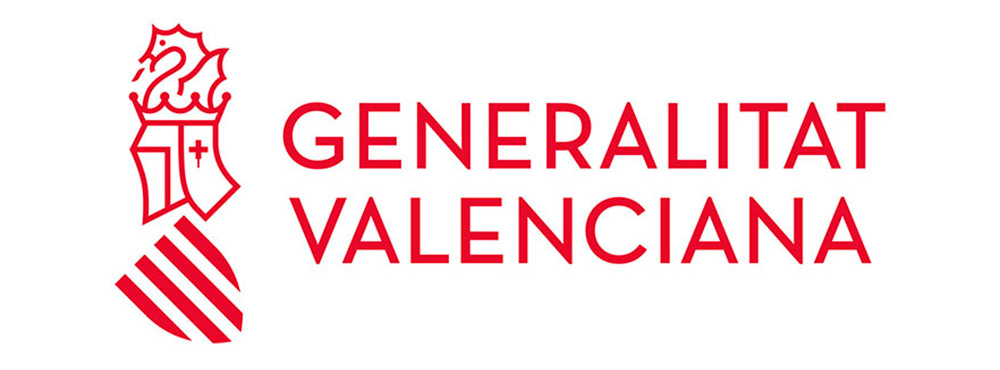INCLIVA develops high-sensitivity, easy-to-use COVID-19 rapid detection kit
The system, which is ready to use, allows you to determine the presence of the virus and infection in 30 minutes.

Thursday 6th May 2021 – PRESS RELEASE with Mike Smith
The Health Research Institute (INCLIVA) at the Hospital Clínico de València has developed a rapid detection kit for COVID-19, now available for use, which allows the presence of the virus to be determined in a very short time.
The kit is based on the results of the project entitled ‘Rapid Detection and Characterization of COVID-19 and the Patient’ which was granted funding from the Carlos III Health Institute (ISCIII) in April 2020 within the framework of the call for ‘Urgent request for expressions of interest for the extraordinary funding of research projects on SARS-VOC-2 and COVID-19 disease’.
The main researcher is Felipe Javier Chaves, director of IINCLIVA’s Genomics and Diabetes Unit, in collaboration with the Microbiology and Parasitology Service of the Hospital Clínico de València, under the direction of David Navarro.
The Pulmonology Service of the same hospital, led by Jaime Signes Costa, and the JC Group have also participated in the project as well as Martín-Escudero, from the Internal Medicine Service of the Río Hortega University Hospital in Valladolid.
The main advantages of the kit are its high sensitivity (very close to PCR), its specificity of 100% (there are no false positives, it does not detect any negative case as a positive) which also avoids false negatives, the absence of extraction of RNA (the sample is deposited in a buffer and can be used directly which saves costs and time) and its speed (results in 20-30 minutes).
The necessary handling is very simple and without complex equipment that facilitates its use in different areas, such as health centres and emergencies. The sensitivity and specificity obtained is higher than that presented by the antigen tests and somewhat lower than that of PCR, although this kit is much faster and easier to do.
The kits can be used from samples of different origin (nasal exudate, nasopharyngeal sample or oral scraping) through a very simple procedure and minimal manipulation, both for sample processing and for the analysis of results. The results can be determined with the naked eye.
The kits are based on isothermal amplification of specific regions of the virus and a human gene that produce a colour change in the reaction when the sample is positive. The use of an internal control allows to determine if the samples have been taken and processed correctly, avoiding samples that have not been taken or conserved well which can be interpreted as negative samples.
The project through which this procedure has been developed, over twelve months, has included several activities: determination of the sequences of interest necessary for amplification; development of amplification systems; sampling, development of systems by fast and conventional PCR; development of isothermal amplification systems and their validation.





